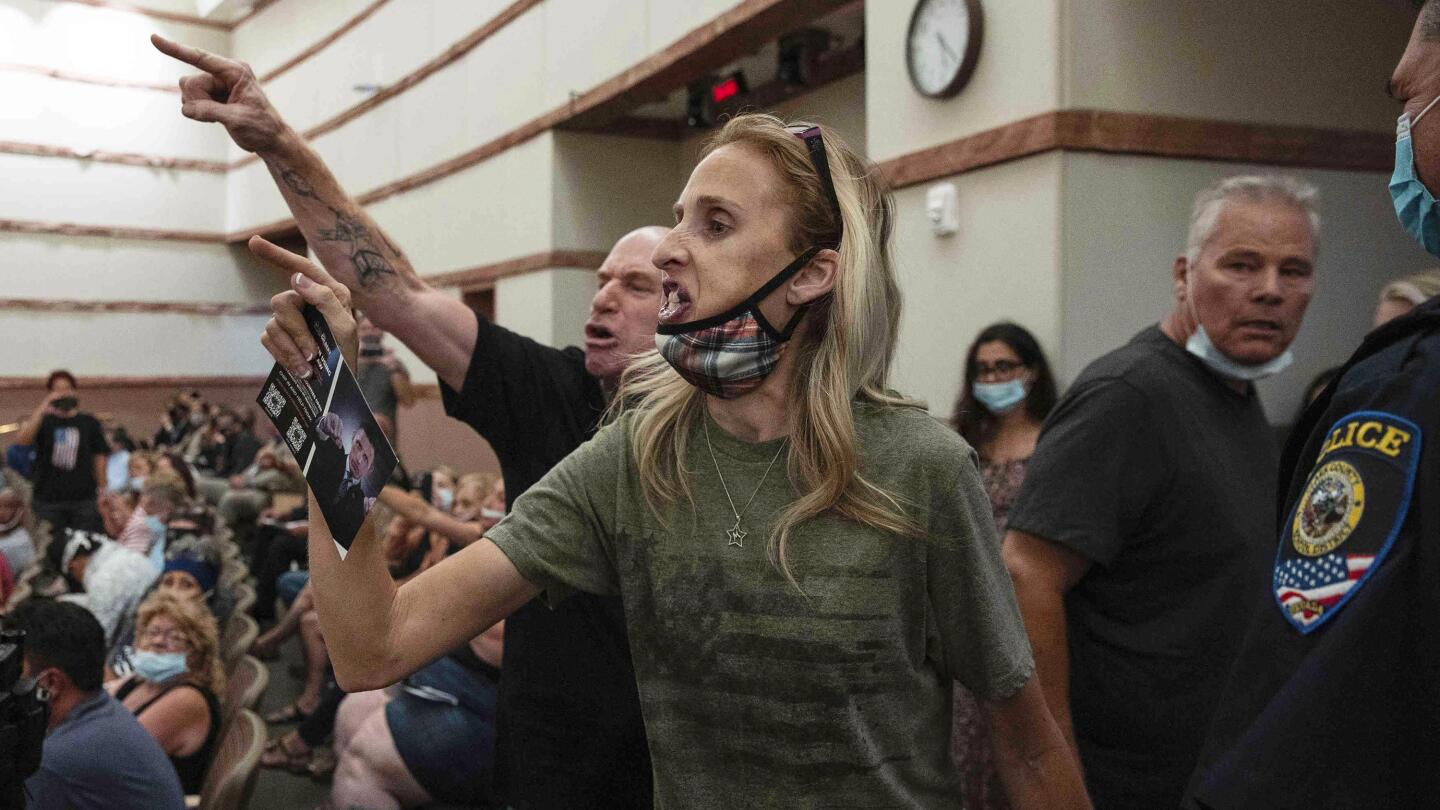I have advanced a specific series of points for why I am suspicious about the USA's handling of the AZ vaccine.It's not worthwhile to say "they're usually pretty good" if you're still willing to say "they sucked pretty hard on occasion, so I'm choosing to believe they suck this time too."
Sure, there were production problems. The US government handed the plant in question over to one of AZ's rivals with production dedicated to that rival's vaccine, ceasing manufacture of the AZ vaccine. From a certain angle that sort of makes sense on the grounds that the US wants to prioritise production of vaccines it can use for itself, but it's a kick in the teeth for AZ. The USA said it would hand all its AZ shots off to other countries, and it sent some. Then it suspended further exports for "checks". Have they been checked and gone out yet? I don't know, I think not. It hardly seems like there's any sense of alacrity there, despite being in the middle of a pandemic. And the longer they are held, the more time Pfizer and Moderna have to sell their vastly more expensive and profitable vaccines.If you would, do you have any information demonstrating the US is blocking production of the Astra Zeneca vaccine and holding back a stockpile of what they have? Unless you are referring to issues at one plant that has production relocating due to issues at the current facility, I've found nothing to corroborate what you're saying.
At face value, all of the restrictions on AZ are superficially defensible. However, it seems to me that the US FDA's attitude to the AZ vaccine has been... unhelpful to obstructive at every turn. This seems inconsistent with how it has behaved towards other potentially promising novel treatments (e.g. remdesivir), where it has prioritised and facilitated access. US companies Pfizer and Moderna expect combined revenue over $50 billion this year from their vaccines alone - J&J much less because, like AZ, they agreed to sell at cost. That's a lot of money to turn heads.




